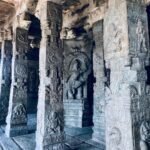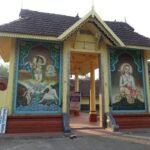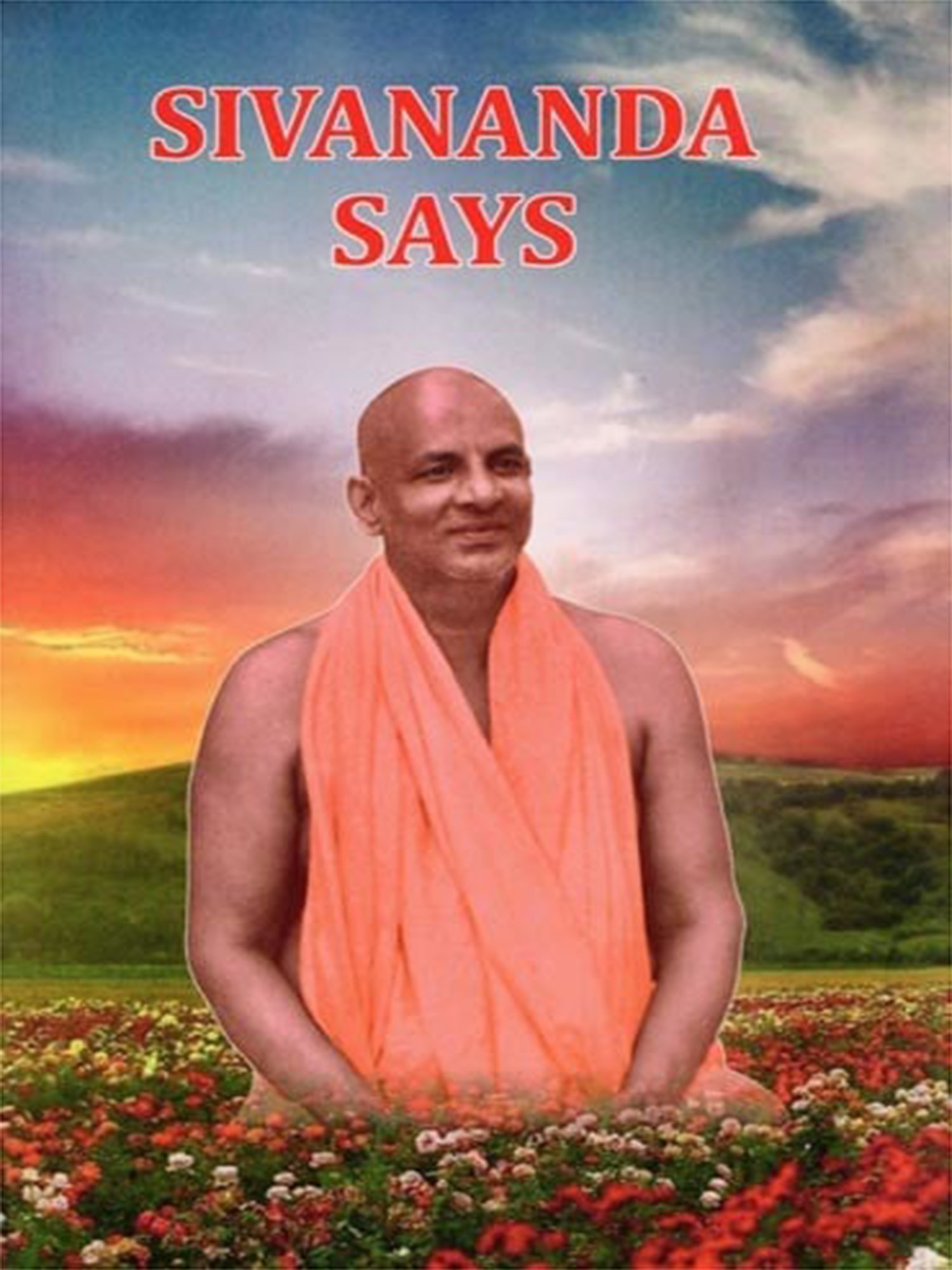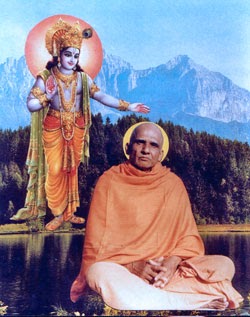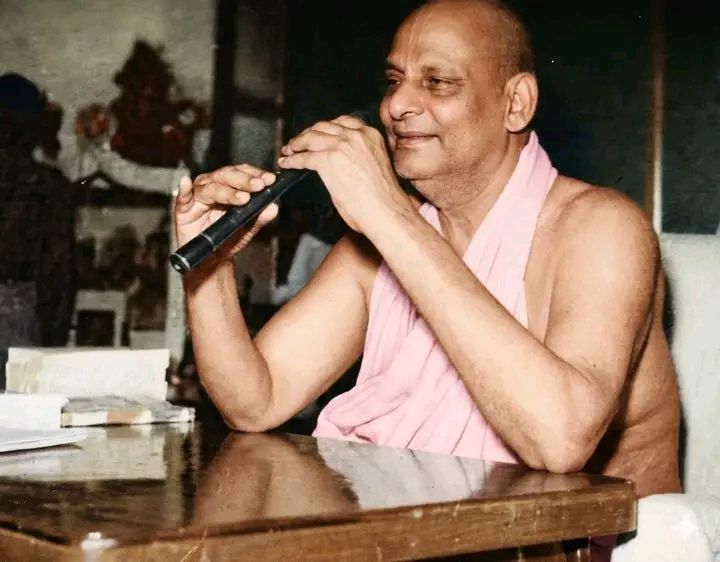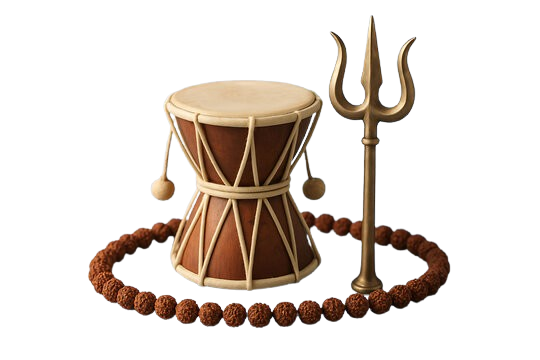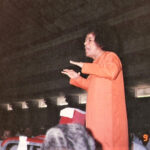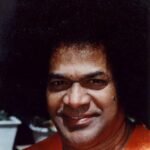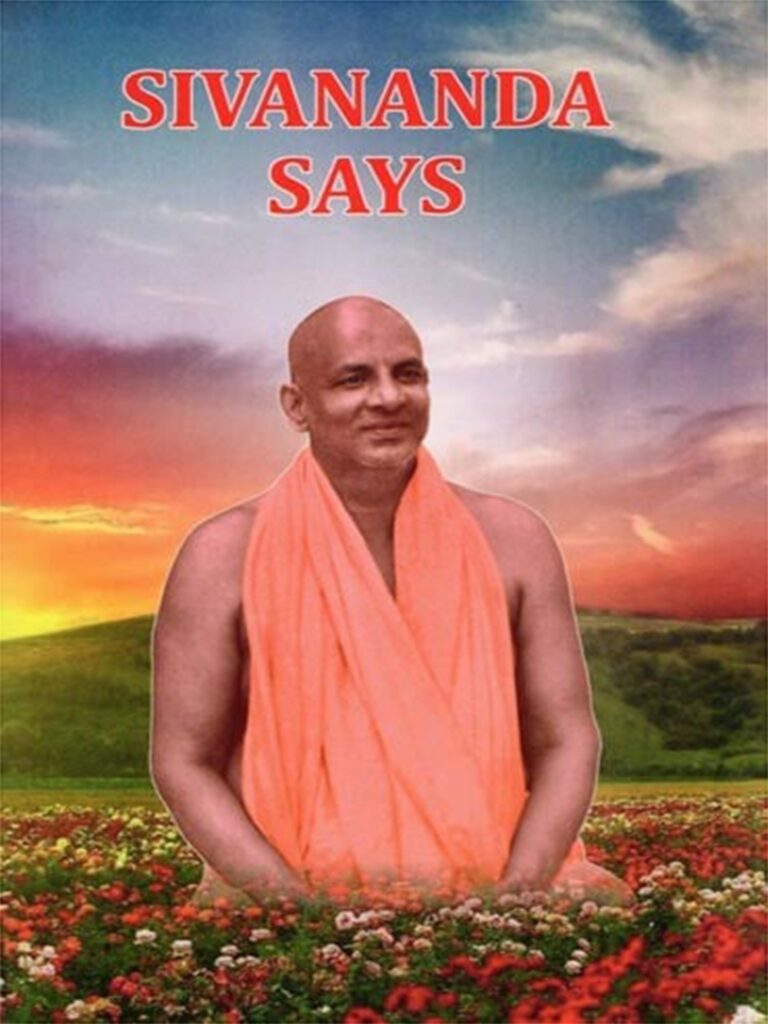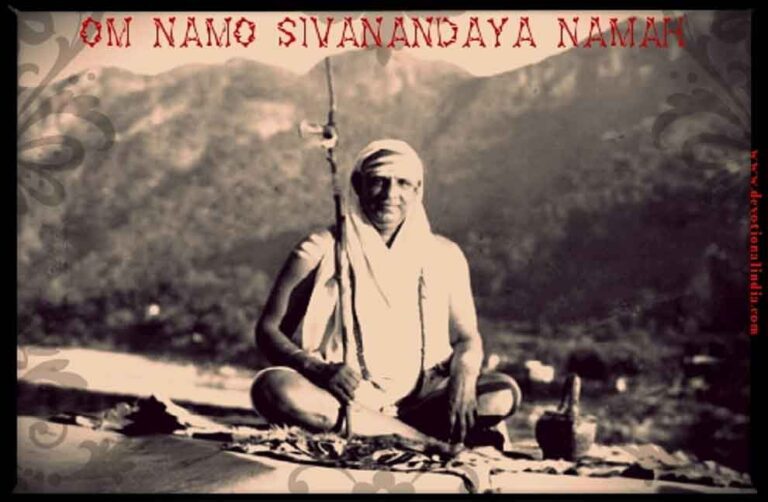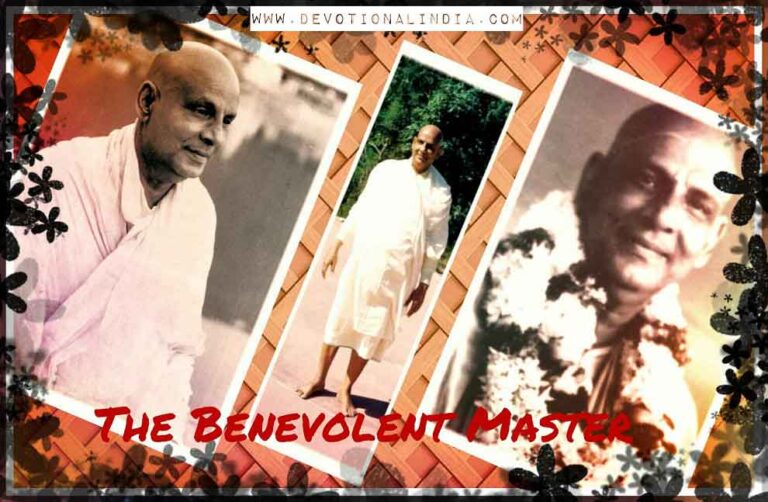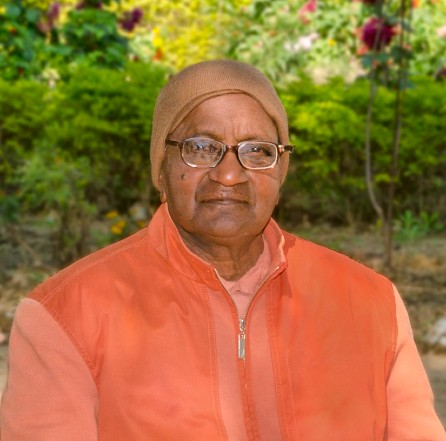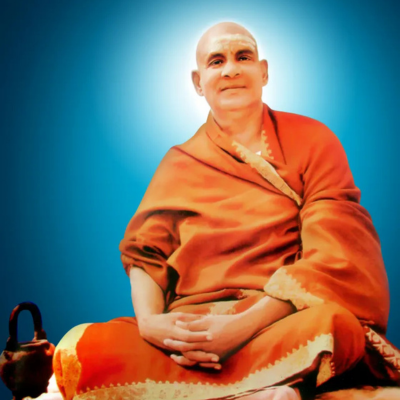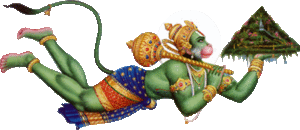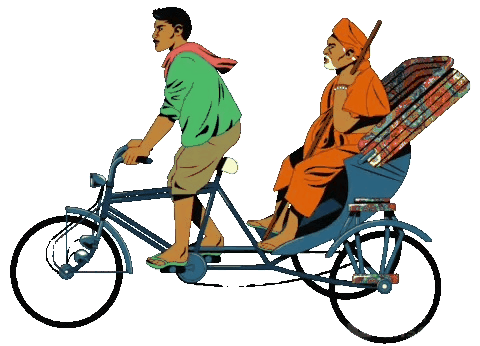Adi Shankaracharya Atma bodha Book
Atma bodha
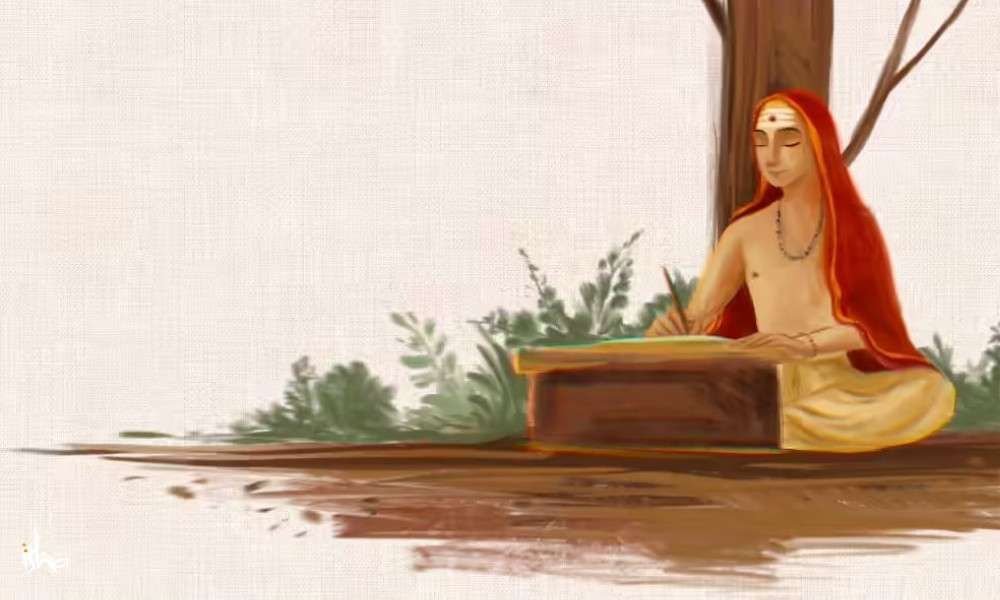
Ātma Bodha, meaning “Self-Knowledge”, is a concise yet profound spiritual text composed by Adi Shankaracharya to guide seekers toward Self-realization. The work consists of 68 verses and serves as an introduction to the essential teachings of Advaita Vedānta, the philosophy of non-duality. Its primary aim is to lead sincere aspirants to the direct experience of the Self (Ātman), which is the only true and permanent reality.
Shankara begins by stating that Self-knowledge alone leads to liberation (mokṣa)—not rituals, not external worship, and not scriptural study unless accompanied by deep inquiry and reflection. Just as fire alone can burn wood, knowledge alone destroys ignorance, which is the root cause of all suffering. Without removing ignorance, one remains trapped in the cycle of birth and death (saṁsāra), mistakenly identifying with the body, mind, and ego.
The central teaching of Ātma Bodha is that the true Self is pure consciousness—unchanging, eternal, infinite, and unaffected by worldly events. This Self is not the body, mind, or senses, which are merely instruments or coverings (upādhis). Through discrimination (viveka), a seeker learns to distinguish the real (the Self) from the unreal (the non-Self). By negating what is not the Self (neti neti — “not this, not this”), one comes to recognize the Self as the witness of all experiences.
Shankara uses simple analogies throughout the text to make abstract ideas relatable. For example:
- Just as the sun illuminates all things without effort, the Self is the light of awareness behind all experiences.
- Just as clouds may appear to cover the sky but never truly affect it, ignorance may seem to veil the Self, but the Self remains ever pure and untouched.
- Just as a rope may be mistaken for a snake in the dark, the world and the ego are illusions caused by ignorance; when true knowledge dawns, the illusion vanishes.
The text emphasizes that liberation is not a future event—it is the recognition of what is already true. The Self is not something to be achieved; it is what we already are. The only obstacle is ignorance (avidyā), and when it is removed through Self-inquiry and meditation, freedom is realized immediately.


